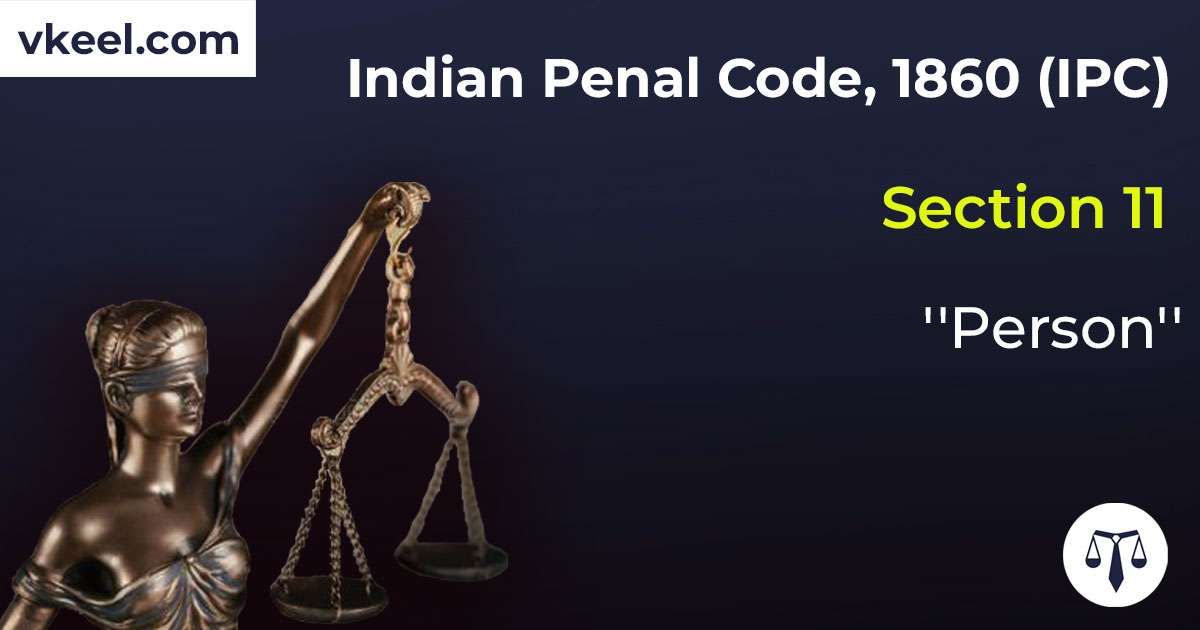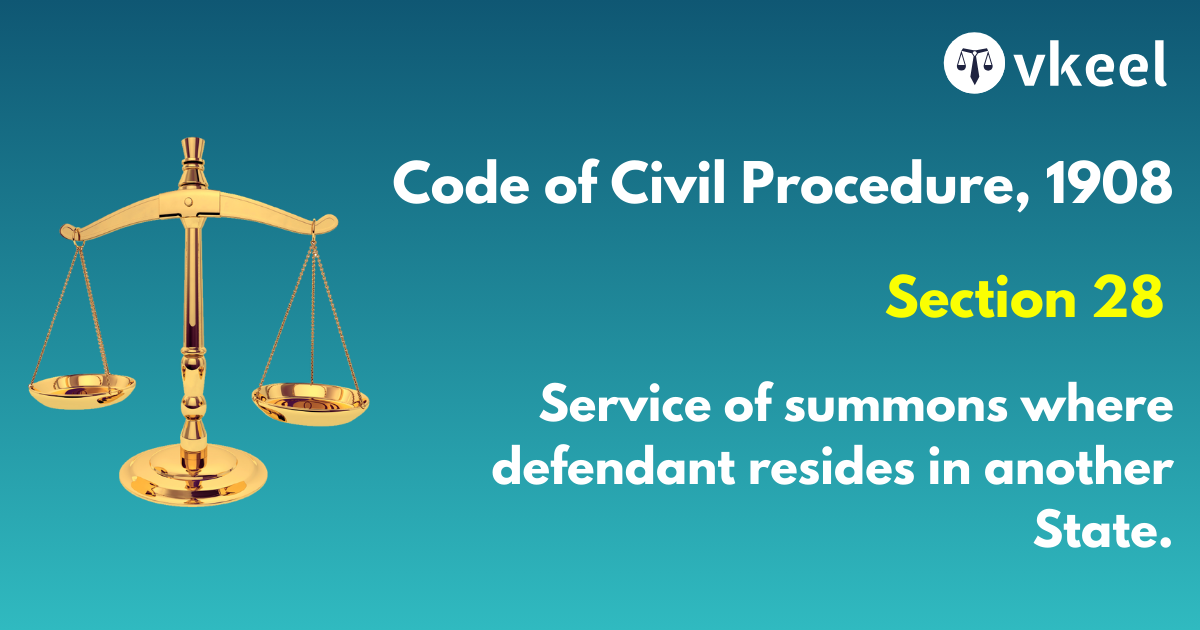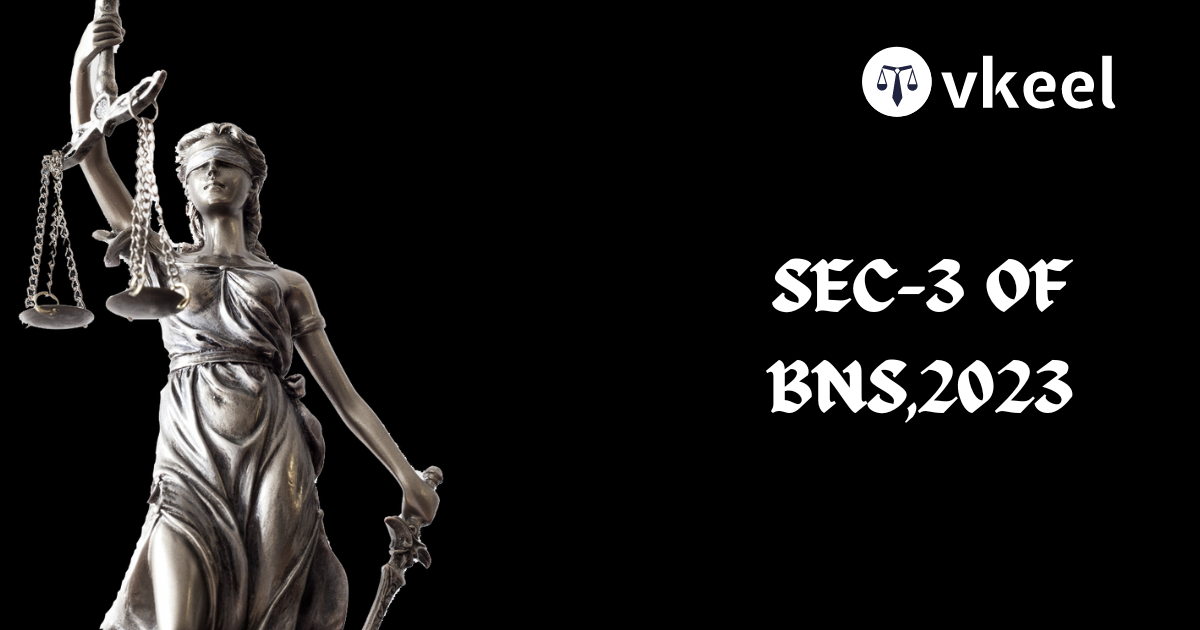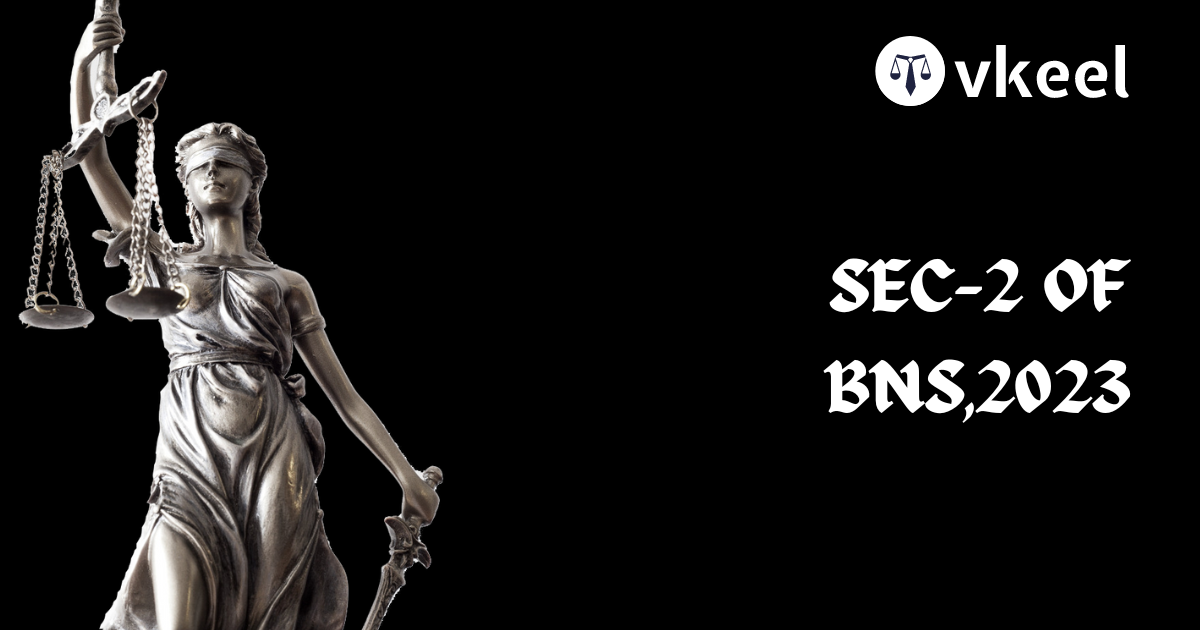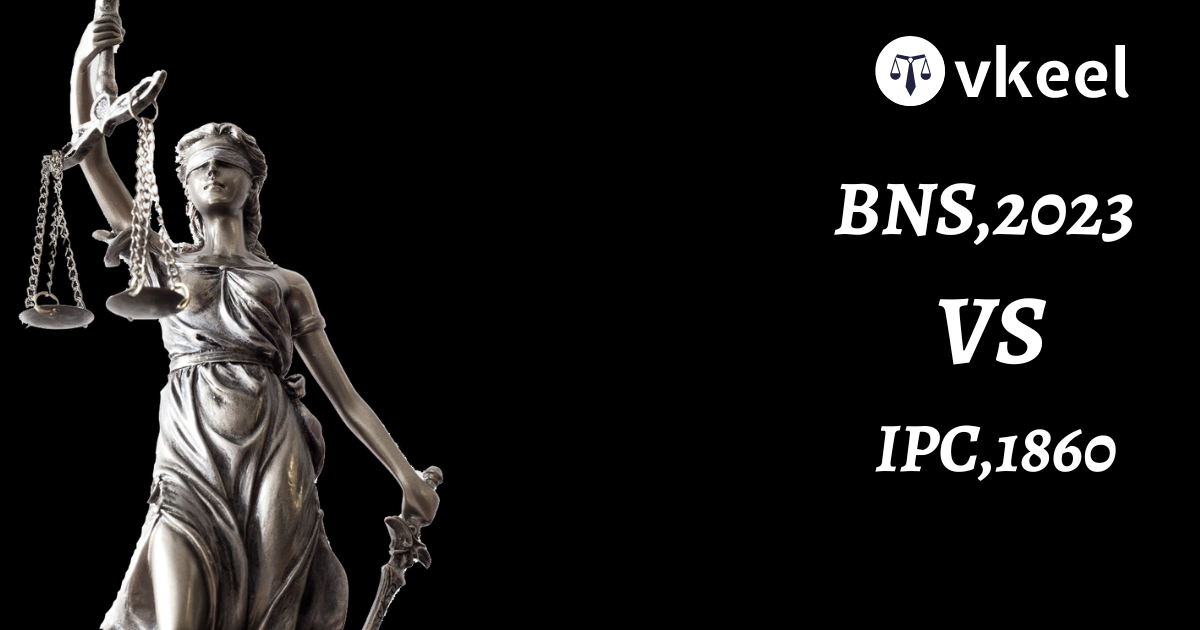Section 11 Indian Penal Code 1860 (IPC) – “Person”
By Vkeel Team
Table of Contents
Description
“Section 11 Indian Penal Code 1860 (IPC)”
The word “person” includes any Company or Association or body of persons, whether incorporated or not.
Definition of “Person”
According to Section 11 of the IPC, the term “person” includes any company or association or body of persons, whether incorporated or not. This definition is significant as it clarifies that the provisions of the IPC apply not only to individuals but also to other entities like companies and associations.
The definition of “person” is wide-ranging and comprehensive, covering both incorporated and unincorporated entities. This means that the IPC can be used to prosecute companies, partnerships, societies, and other bodies of persons for offenses committed under the Code.
Importance of the Definition
The definition of “person” in Section 11 of the Indian Penal Coe 1860 is essential for two main reasons.
Firstly, it ensures that the IPC’s provisions are applied equally to all entities, including individuals and organizations. The IPC is a comprehensive statute that deals with a wide range of criminal offenses, and it is necessary that it can be applied to all entities that engage in such activities.
Secondly, the definition of “person” in Section 11 is consistent with the legal principle that companies and associations are separate legal entities from their members. As a result, these entities can be held liable for their actions, and individuals within the organization may be prosecuted for criminal offenses committed on behalf of the entity.
Implications for Companies and Associations
The inclusion of companies and associations within the definition of “person” in Section 11 of the IPC has significant implications for these entities.
Companies and associations are often formed to carry out specific activities, and they may engage in activities that are prohibited under the IPC. For example, a company may engage in fraudulent activities, and an association may engage in illegal activities like gambling. Under Section 11, these entities can be held liable for these offenses, and the individuals involved may be prosecuted.
Furthermore, the definition of “person” in Section 11 means that companies and associations can be fined or punished for offenses committed under the IPC. This could have significant financial implications for these entities, and it may impact their operations and ability to function.
Implications for Individuals
Individuals within a company or association may also be held liable for offenses committed by the entity under the IPC. For example, if a company engages in fraudulent activities, the individuals responsible for these activities may be prosecuted under the IPC.
The inclusion of companies and associations within the definition of “person” also means that individuals who are members of these entities may be held responsible for criminal offenses committed by the organization. This is because these entities are separate legal entities from their members, and the actions of the entity do not necessarily reflect the views or actions of its members.
Conclusion
In conclusion, Section 11 of the Indian Penal Code, 1860, provides a broad and comprehensive definition of the term “person” for the purpose of interpreting the Code. This definition includes companies and associations, whether incorporated or not, and has significant implications for these entities and individuals.
The inclusion of companies and associations within the definition of “person” means that these entities can be held liable for offenses committed under the IPC. It also means that individuals within the entity may be held responsible for criminal activities committed by the organization.
Overall, Section 11 of the IPC is an essential provision that ensures that the Code’s provisions are applied equally to all entities, including individuals and organizations.
Desctiption Source: indiacode
Disclaimer:
The information provided in the article is for general informational purposes only, and is not intended to constitute legal advice or to be relied upon as a substitute for legal advice. Furthermore, any information contained in the article is not guaranteed to be current, complete or accurate. If you require legal advice or representation, you should contact an attorney or law firm directly. We are not responsible for any damages resulting from any reliance on the content of this website.

